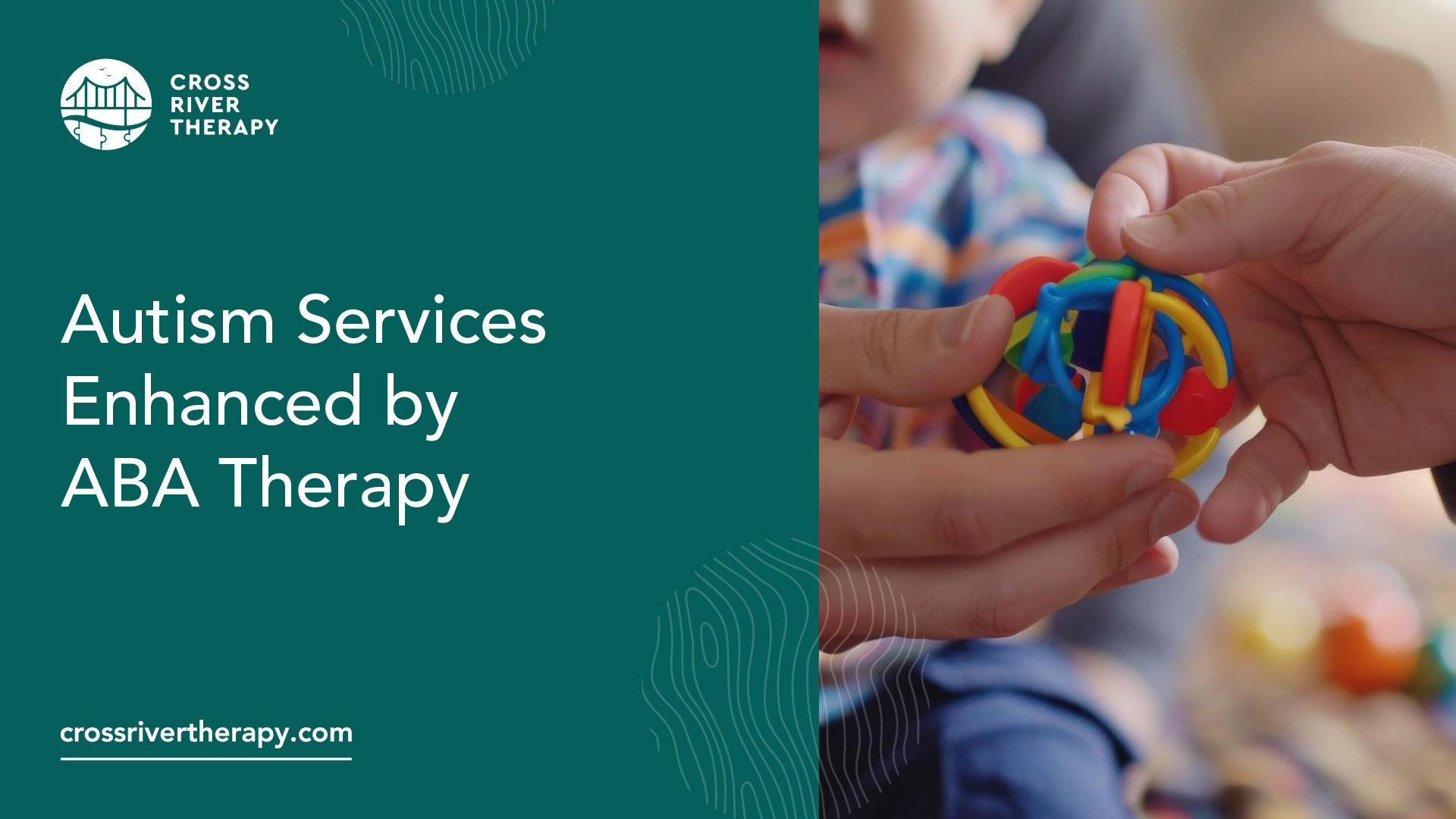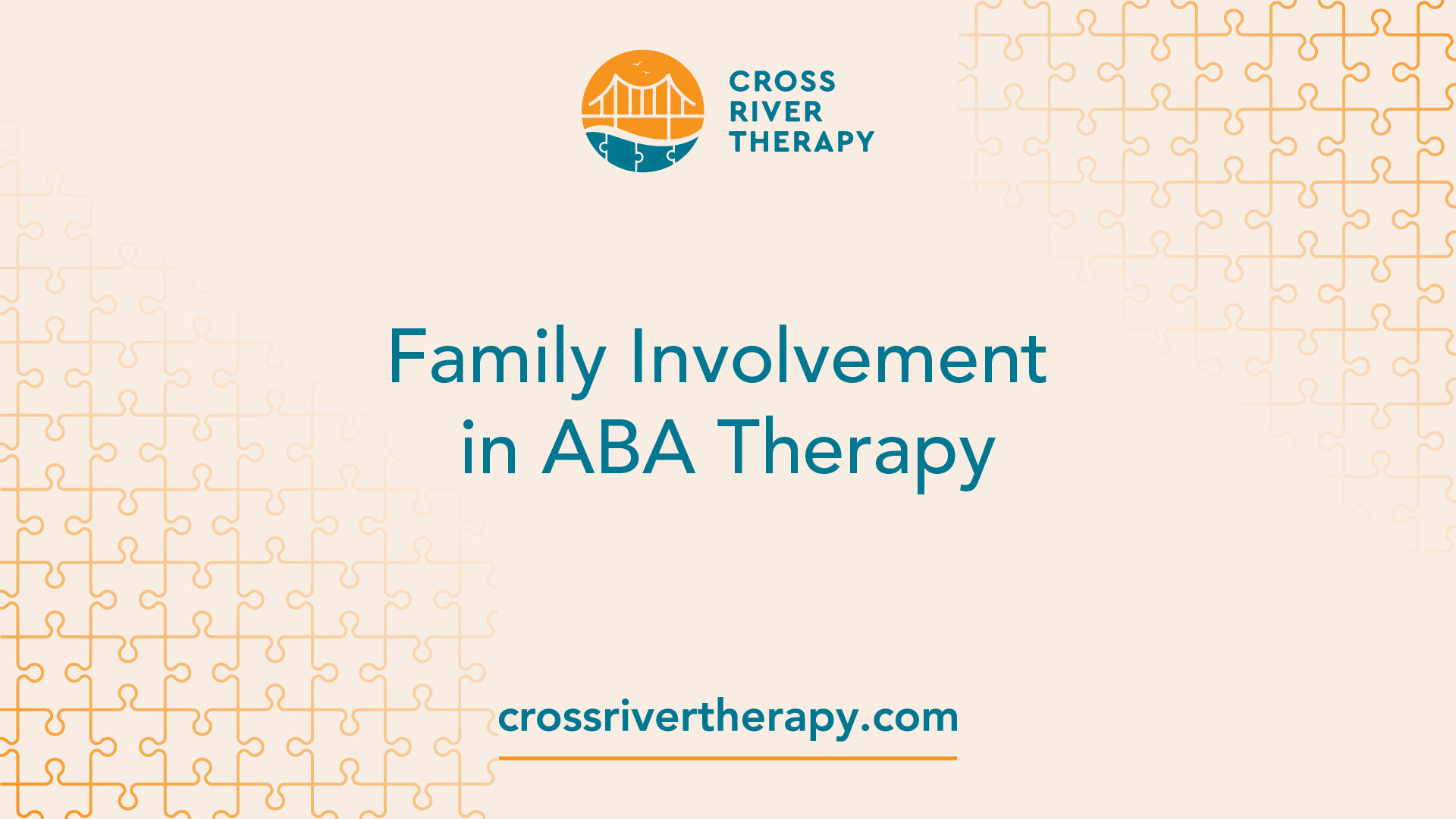Autism Services Enhanced by ABA Therapy
Discover how ABA therapy and autism services can transform lives with personalized support and family involvement.
Understanding ABA Therapy
ABA (Applied Behavior Analysis) therapy has emerged as a crucial method for supporting children diagnosed with autism. This approach has a rich history and involves specialized professionals who work closely with families to ensure effective treatment.

Evolution of ABA Therapy
Since the 1960s, therapists have been utilizing ABA to assist children with autism and related developmental disorders [1]. The field has evolved through research and practice, showcasing its effectiveness in enhancing communication, social skills, and daily living skills in individuals with autism spectrum disorder (ASD).
The seminal study by Wolf and colleagues in 1964 highlighted the success of procedural interventions based on behavior analytic principles in decreasing challenging behaviors and promoting positive social behaviors [2].
The average number of hours children receive ABA-based intervention is tailored to meet their unique needs. While there is no specific data indicating harmful effects associated with the recommended intensity of ABA therapy, continuous evaluation ensures every child's safety and well-being.
- 1960s: Initial use of ABA therapy for autism began.
- 1964: Significant study published demonstrating ABA's effectiveness.
- Present: Comprehensive, individualized ABA programs are widely implemented.
Role of a BCBA in ABA Therapy
A Board-Certified Behavior Analyst (BCBA) plays a vital role in the successful implementation of ABA therapy. The BCBA is responsible for designing and overseeing ABA programs which are tailored to each child's skills, needs, interests, preferences, and family situation.
In the treatment process, registered behavior technicians (RBTs) work under the supervision of the BCBA, directly interacting with the child to implement the strategies outlined in the customized program. This structured approach ensures that therapy is consistent and aligned with the specific goals set for each child.
Families can expect their BCBA to facilitate open communication and provide ongoing support throughout the therapy process. Parents often play an important role in reinforcing learning at home, helping to create a supportive environment that extends beyond therapy sessions.

Effectiveness of ABA Therapy
ABA therapy, or Applied Behavior Analysis therapy, focuses on improving specific behaviors and developing new skills in individuals with autism. The effectiveness of ABA therapy has been well-documented, showcasing its capacity to enhance various aspects of life for many children diagnosed with autism.
Improvements from ABA Therapy
Numerous studies indicate that intensive, long-term ABA therapy can lead to positive outcomes across several key areas. Research has shown significant gains in areas such as intellectual functioning, language development, daily living skills, and social functioning.
- Intellectual Functioning: Achievable gains reported
- Language Development: Significant progress noted
- Daily Living Skills: Positive advancements seen
- Social Functioning: Improvement ranges from 63%-88%
A 2010 meta-analysis highlighted that comprehensive ABA interventions in early childhood resulted in improved language and intellectual skills. In a pivotal study from 1987 by Dr. O. Ivar Lovass, 90% of participants showed significant improvement, and nearly half reached behaviors and skills comparable to their peers [4].
Criticisms of ABA Therapy
Despite the positive outcomes noted, ABA therapy has faced criticisms. Some critics argue that the methods used can be too rigid or may not adequately consider individual preferences and feelings. Additionally, the success rate can vary depending on specific goals targeted, with studies indicating that success rates may range from small to medium based on the targeted behaviors such as autism symptoms, socialization, or expressive language [4].
It is also noted that while many children benefit greatly, ABA therapy may not yield the same level of results for all individuals. This calls for parents to consider personalized approaches and additional therapies that might complement ABA, especially when seeking holistic support for their child.
Accessing ABA Therapy
Accessing ABA therapy can be a critical step for parents seeking support for their children diagnosed with autism. Understanding insurance coverage options is essential to ensure that families can afford these important services.
Insurance Coverage for ABA Therapy
Many private health insurance plans are required to cover ABA services, particularly those that are medically necessary. The coverage specifics can vary significantly from one plan to another, making it essential for families to review their individual health insurance policies to understand the extent of the coverage.
- Private Health Insurance: Often required to cover ABA services; check specific policy for details
- Medicaid: Must cover if deemed medically necessary; applicable for children under 21
Under the guidelines, private insurance typically includes coverage for treatments that are recognized as evidence-based practices, such as ABA therapy, which has been endorsed by the US Surgeon General and the American Psychological Association for its effectiveness.
Medicaid Coverage for ABA Therapy
Medicaid also plays an important role in enabling access to ABA therapy for children. Medicaid plans are required to cover medically necessary treatments for children under the age of 21, and this includes ABA therapy if prescribed by a doctor [1].
Families can take advantage of this coverage by working closely with their healthcare providers to ensure that all necessary documentation is in place for the service to be approved. If a family is unsure about the coverage, they can contact Medicaid or their healthcare provider for clarification on how to access these vital services.

Personalized ABA Programs
Addressing the unique needs of children diagnosed with autism is a primary goal of ABA therapy. A personalized approach is essential in this context.
Individualized ABA Therapy
Individualized ABA therapy focuses on the specific strengths, needs, interests, and preferences of each child. A board-certified behavior analyst (BCBA) designs and oversees these programs, ensuring they are tailored to promote independence and future success. This customization allows children to engage in learning at their own pace, whether they are at home, in a center, or in a group environment.
Typical goals of individualized ABA therapy might include:
- Communication Skills: Improving verbal communication, enhancing non-verbal cues
- Social Skills: Learning to interact with peers, developing empathy
- Daily Living Skills: Managing personal hygiene, meal preparation
- Academic Skills: Enhancing focus on tasks, improving problem-solving
Tailoring ABA Therapy to Needs
Tailoring ABA therapy to the unique challenges faced by individuals with autism is vital. By assessing each child's strengths and weaknesses, effective strategies can be developed. This could involve creating customized treatment plans that identify specific interventions to help the child thrive. According to ABTABA, understanding the individual difficulties translates directly into successful outcomes.
Therapists also consider the family situations of their clients when designing these programs. Engaging families in the process strengthens the therapy's effectiveness. Families can help create a consistent and supportive environment at home, fostering the skills learned during therapy.
In a personalized ABA program, the strategies might include various behavioral therapies to address challenges such as social skills deficits, communication delays, and adaptive behavior issues. This individualized method is a cornerstone of effective ABA therapy for behavioral health, enabling children to benefit fully from the interventions.
Family Involvement in ABA Therapy1
Family involvement is essential in ensuring the success of Applied Behavior Analysis (ABA) therapy for children diagnosed with autism. This section will discuss the importance of family support and the collaboration between families and therapists in facilitating better outcomes for children.
Importance of Family Support
Families play a critical role in implementing ABA therapy techniques outside of formal sessions. Research has shown that when families actively participate and apply strategies at home, children achieve greater progress in communication, social skills, and adaptive behaviors. This involvement not only enhances the child’s learning but also leads to improved family relationships and reduced stress levels among caregivers.
By creating a consistent and structured environment at home, family members can help reinforce the skills learned during therapy. Using tools like visual schedules, prompts, and reinforcement systems, families can support their child's growth in a way that feels secure and natural. Collaborating with a Board Certified Behavior Analyst (BCBA) can further assist families in identifying the best strategies tailored for their home environment [5].
Collaboration between Families and Therapists
Effective collaboration between families and ABA therapy teams is crucial for promoting a child's progress. Open and honest communication allows families to stay informed about their child's goals, challenges, and successes.
This, in turn, enables therapists to gain valuable insights into the child's behavior and preferences outside of therapy sessions. Such collaboration ensures that treatment plans are uniquely tailored to each child's individual needs and strengths [5].
Active involvement from family members means that everyone can work together towards common goals. Therapy teams can provide guidance and resources, while families can offer feedback and consistency at home. This partnership fosters a holistic approach to treatment, ensuring that children have support across all areas of their lives, from therapy sessions to everyday activities.
By prioritizing family support and collaboration in ABA therapy, parents can significantly enhance their child's ability to generalize and maintain skills learned during professional sessions. This partnership ultimately leads to a more empowered family unit working together towards better outcomes in autism services.
For additional insights on this topic, explore our articles on ABA therapy and autism treatment programs and ABA therapy and autism treatment centers.
ABA Therapy Success Stories2
Stories of success in ABA therapy illustrate the powerful impact this approach can have on children diagnosed with autism. Many parents and caretakers report positive outcomes and transformations in their children's lives due to consistent and individualized ABA therapy.
Positive Outcomes of ABA Therapy
Research indicates that ABA therapy can produce significant improvements in various skills essential for everyday life. Children undergoing ABA therapy have shown advancements in areas such as communication, social skills, and self-management. Feedback from families reveals that long and engaging sessions create a fun learning atmosphere, making the process enjoyable for the children involved.
- Communication: 75%
- Social Skills: 80%
- Self-Management: 70%
These statistics highlight how ABA therapy fosters essential life skills for children on the autism spectrum. Early intervention combined with consistent sessions allows for a tailored approach to meet each child's unique needs.
Real-Life Impact of ABA Therapy
Real-life experiences shared by families demonstrate the transformative effects of ABA therapy. Children are not only learning critical skills but also developing confidence and independence. This personalized approach means sessions are developed based on individual strengths and interests, allowing children to thrive in various environments, whether at home, in a center, or socially.
Moreover, involvement in structured social skills groups provides children with opportunities to enhance their communication and relational abilities in a safe and supportive setting. The Family Autism Care Team offers both in-person and virtual social skills programs for children aged 5 to 18, fostering connections and improving quality of life.
The impact of ABA therapy goes beyond immediate skill acquisition; it provides children with a foundation for lifelong development and empowerment, demonstrating the importance of access to effective ABA therapy and autism services. Through tailored support and family involvement, the journeys of these children show promise and hope for a brighter future.
References
[1]: https://www.autismspeaks.org/applied-behavior-analysis
[2]: https://www.ncbi.nlm.nih.gov/pmc/articles/PMC9114057/
[3]: https://www.appliedbehavioranalysisedu.org/
[4]: https://abacustherapies.com/understanding-aba-therapy-pros-and-cons-explained/



